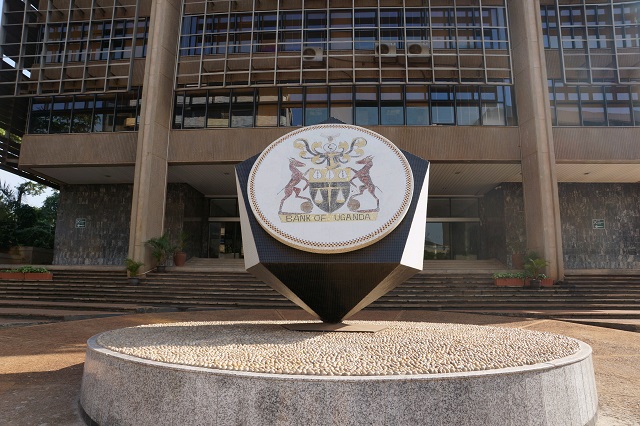Instead of being an external hacking incident as first reported, the alleged theft of $17 million from the Bank of Uganda (BoU) was likely an insider job involving collusion between officials at BoU, the Ministry of Finance’s Treasury department, and the Accountant General’s office, according to new investigations.
Findings from an independent audit approved by BoU top management, which found that the Central Bank’s Treasury account firewalls had not been compromised in contrast to previous reports, lend credence to the conclusion.
The incident, which involved the creation of fictitious expenditures and the transfer of funds through an asymmetric file channel requiring two keys, led President Museveni to first order CID to conduct an investigation before forwarding the case to Defence Intelligence and Security (DIS).
Read also: Palmpay appoints ex-Opay official to lead its marketing and public relations in Nigeria
Ugandan commercial banks: target of frequent hacking attempts
Although events are frequently kept under wraps to avoid frightening clients, cybersecurity investigators claim that Ugandan commercial banks have been the target of frequent hacking efforts, with an estimated $3 million (Sh11 billion) taken in the last 12 months.
The death of long-time governor Emmanuel Tumusiime-Mutebile in January 2022 left Uganda without a permanent central bank governor for more than a thousand days.
Michael Ating-Ego, the deputy governor, has been filling in since then, but stakeholders and experts are becoming increasingly concerned about the effects of this protracted vacancy.
Bank of Uganda Leadership under scrutiny
The effectiveness of the Central Bank’s decision-making has come under scrutiny due to the lack of a permanent governor.
Critics contend that the Bank lacks the authoritative leadership required to handle difficult economic issues.
A substantive governor is thought to be essential for upholding trust in the Bank’s management, influencing choices about monetary policy, and demonstrating the institution’s independence from political interference.
The Central Bank runs the risk of losing out on the high-level direction required to negotiate intricate financial and economic environments in the absence of a strong leader, which would ultimately impact the course of the nation’s economy.





Leave a Reply